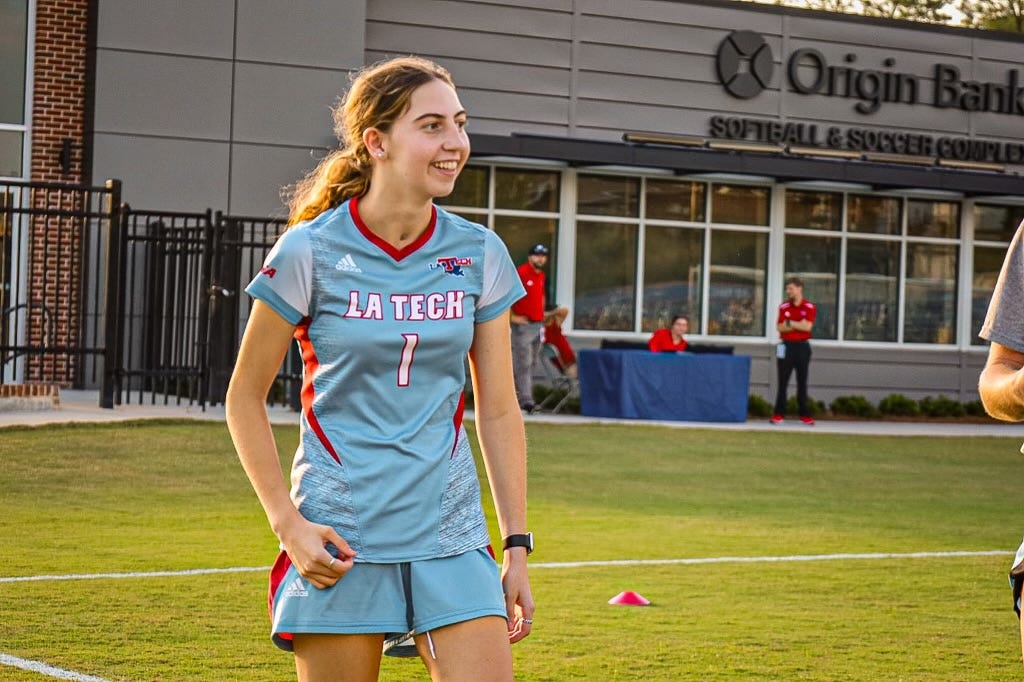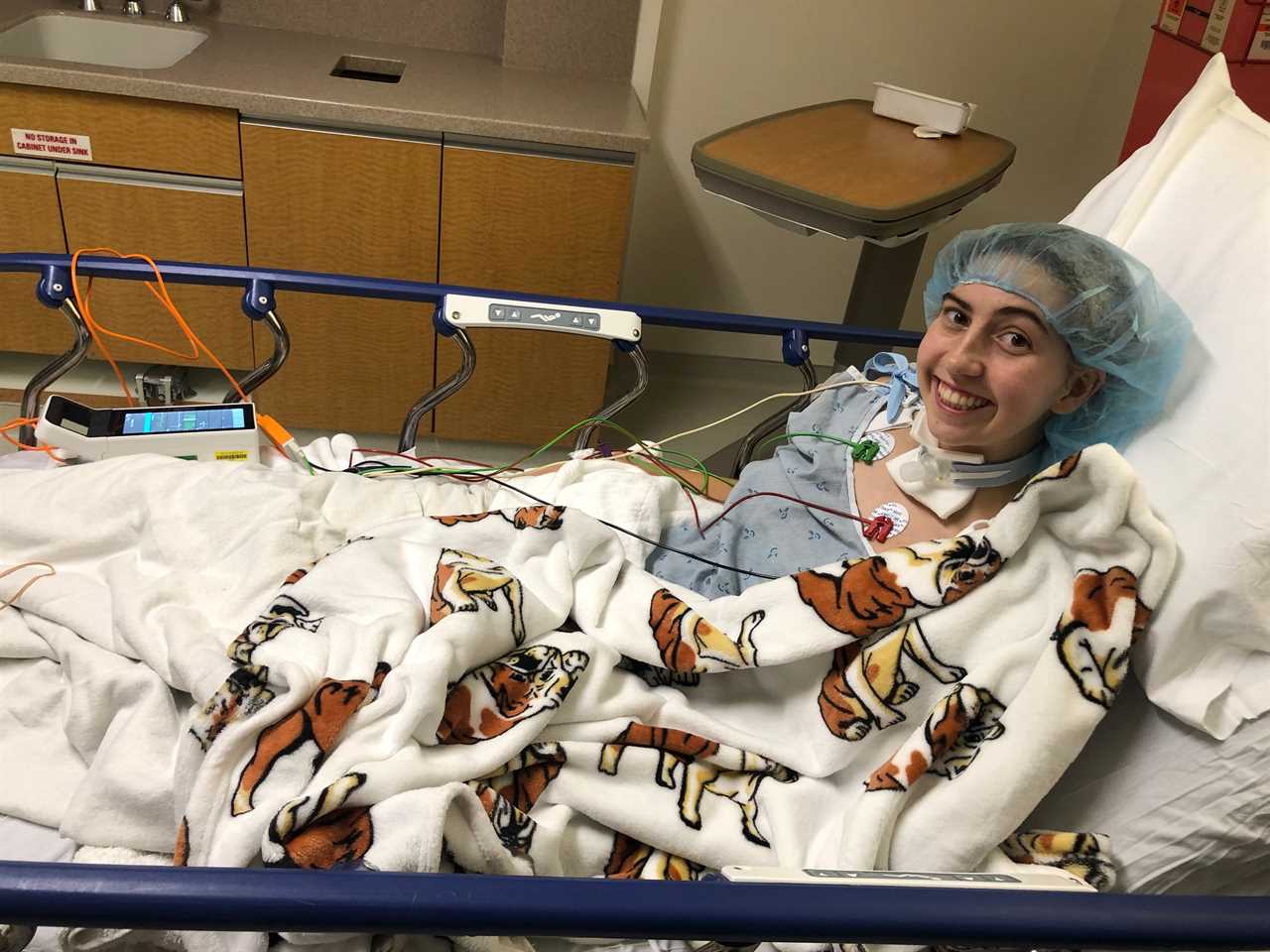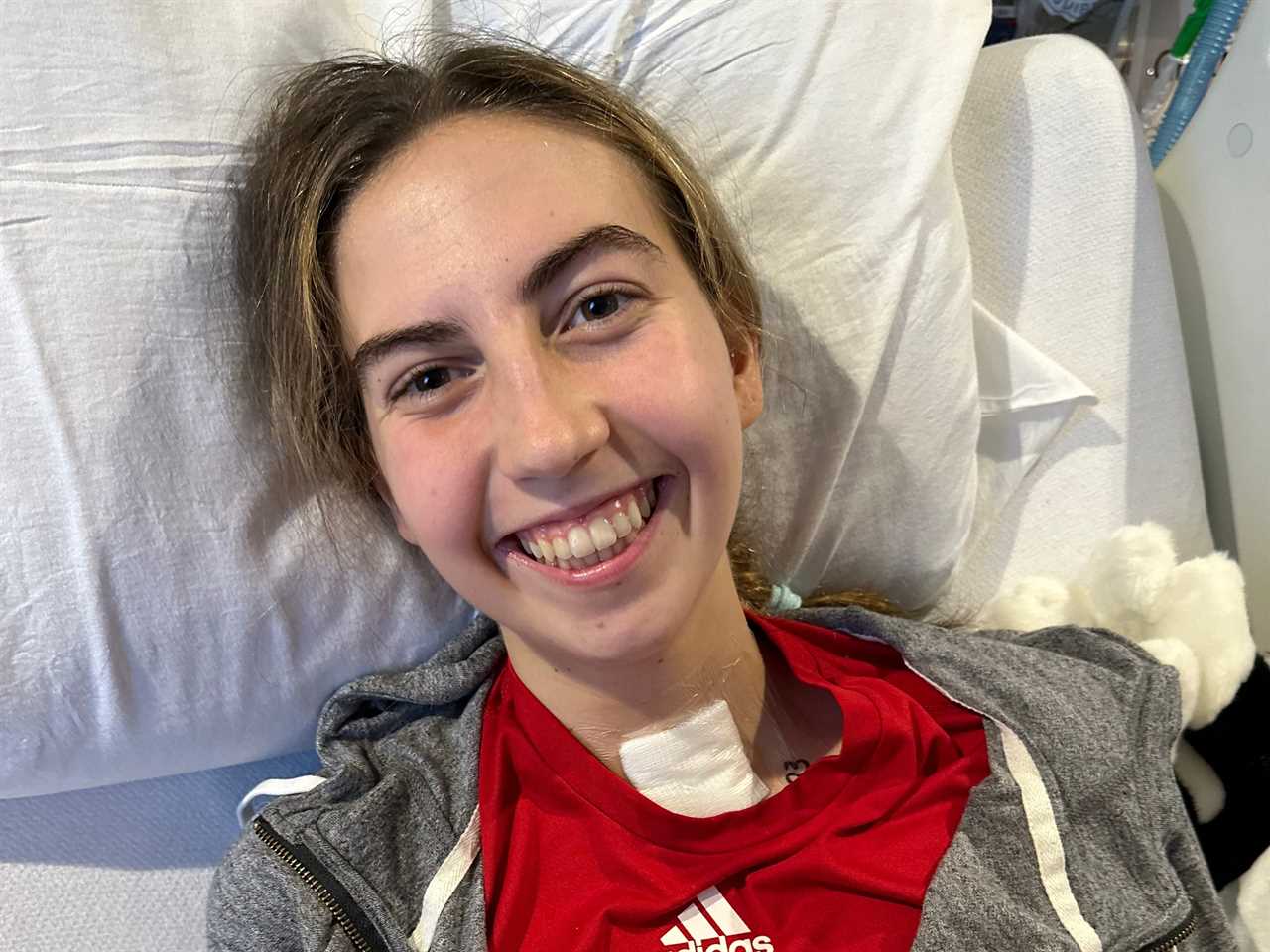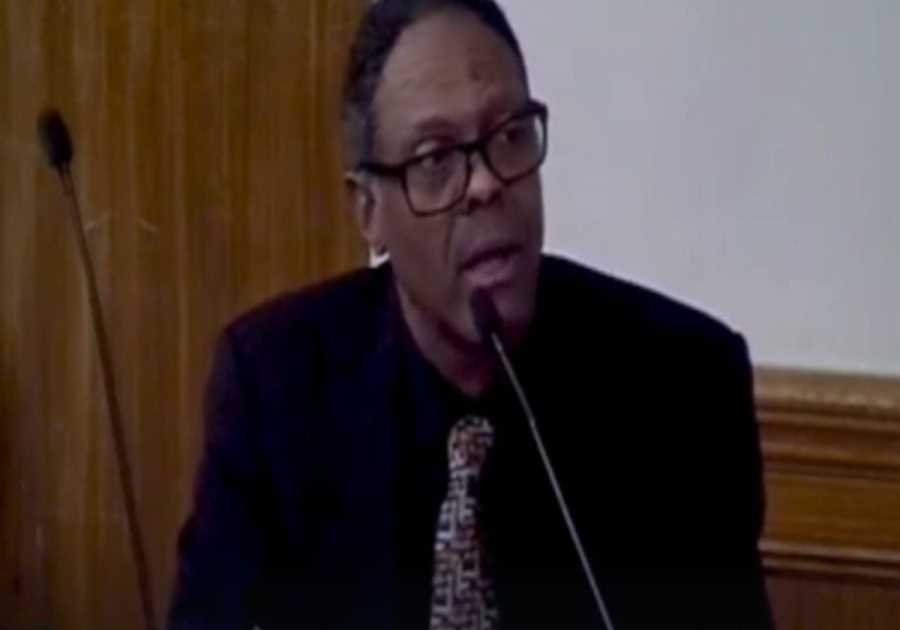
Courtesy Mac Kelso
- Mac Kelso, 18, plays soccer for Louisiana Tech University.
- Her heart stopped during a practice before her freshman year.
- Doctors say Kelso's athleticism has helped her recovery.
This as-told-to essay is based on a conversation with college athlete Mac Kelso. It has been edited for length and clarity.
My heart troubles started before I was even born. When my mom was in labor, doctors thought I might be tangled in the umbilical cord because my heart rate would plummet and then stabilize. I was delivered by emergency C-section, and doctors soon realized that I had congenital heart defects. At just six months old, I needed a pacemaker.
Luckily, the surgery worked perfectly, and I grew up with no restrictions. I loved sports. I played basketball and baseball and went skiing, but soccer was always my passion. When I was in high school, our family moved, but my mom still drove me two hours each way so I could practice with my team four times a week.
I was thrilled when I was recruited to Louisiana Tech University. The school had everything I wanted: a great team, a great coach, and great facilities. Last summer, I moved into the dorms before most students to start captain-led practices.
I collapsed at practice and had no pulse for minutes
I went to high school in Oregon, so practicing in the July heat in Louisiana was something new. Still, I thought I'd adjusted well — until my heart stopped on the field.
I don't remember anything about that July day, but my friends and family have filled me in. My mom remembers receiving a call from my phone number, which she thought was strange, since she knew I was practicing at the time. When she answered, my teammate told her I had collapsed. Since there was no defibrillator at the field (which was off campus) and no one who knew CPR, I had no pulse for about six minutes, until the paramedics arrived.
My parents looked at flights but realized the quickest way to get to me was to drive. They left their new home in Colorado and started driving to Louisiana. At the hospital, I coded three times. For long portions of the 16-hour drive, they didn't know if I was dead or alive.

Courtesy Mac Kelso
The first thing I remember is wanting to change the TV channel
Over the next two weeks, I was incredibly sick. My heart and lungs weren't providing enough oxygen, so I was put on an EMOC machine, a type of life support that bypasses the heart and lungs. When I came off of that, I still didn't regain consciousness or the ability to breathe on my own, so doctors put me back on a ventilator.
I don't remember anything for the first 10 days, until after my ventilator was removed. The TV in my hospital room was showing "Jumanji." When it ended, I started mouthing the words "help me." My dad and nurses frantically tried to figure out what I needed — until they finally realized that I just wanted the channel changed.
We laugh about it today, but I know that moment was a huge relief to my parents. Doctors had told them to pray for the best but expect the worst. Even when I started breathing on my own, doctors thought I might need to go to a nursing home rather than a rehab facility because I was still so frail.
I had suffered a brain injury because I was without oxygen for so long. My physical medicine and rehabilitation doctor — Dr. Nikola Dragojlovic — later explained it impacted the areas of my brain that handle memory, cognition, strength, and coordination. All of those things are extremely important to me as an athlete. My goal was always to get my skills back and return to the field.

Courtesy Mac Kelso
Being an athlete had benefits and drawbacks in rehab
That was a tall order. I was in the intensive care unit for about three weeks. When I was discharged, I could barely walk or talk. I couldn't move my right arm, and I was wearing a defibrillator vest in case my heart stopped again.
TIRR Memorial Hermann in Houston was the only in-patient rehab hospital that would take me because my needs were so intensive. I was transferred there by air ambulance and started the hardest training of my life so far.
Being an athlete helped my recovery because I had the discipline and work ethic to get through long days of rehab. But it also hindered me. I was used to my body performing at a high level, and I was in for a rude awakening. I had to learn to slow down and give my body time to heal.
I'm back with my team and getting stronger together
I've been a goalie for a long time. I don't need a coach to tell me what I need to do better — I can spot where I've gone wrong and fix it.
After my accident, that became a lot more challenging. I had to relearn everything, and it felt like the messages from my brain to my body traveled a bit slower than they used to. Even simple things — like tying my shoes — required a lot of concentration. But once my body did them a few times, they clicked.
I spent a month at TIRR and about seven months in outpatient rehab. Finally, in March, I was ready to get back to college — and back to playing the sport I love so much. Like any college student, I had an adjustment period. I missed my mom, who had been with me 24/7 since the collapse, but I also loved my independence.
One of the best parts was rejoining my teammates. We lift weights together in the mornings and have optional offseason practices. It's a miracle to be here with them, getting stronger together.
Read More
By: [email protected] (Kelly Burch)
Title: I'm a college athlete whose heart stopped during practice. Doctors thought I'd need a nursing home, but I'm already back on the field.
Sourced From: www.businessinsider.com/college-athlete-heart-stopped-miracle-recovery-2024-5
Published Date: Thu, 16 May 2024 12:49:02 +0000
Did you miss our previous article...
https://trendinginbusiness.business/politcal/moviepass-moviecrash-showcases-the-catastrophic-behindthescenes-story-of-the-movieticket-subscription-app
.png)





